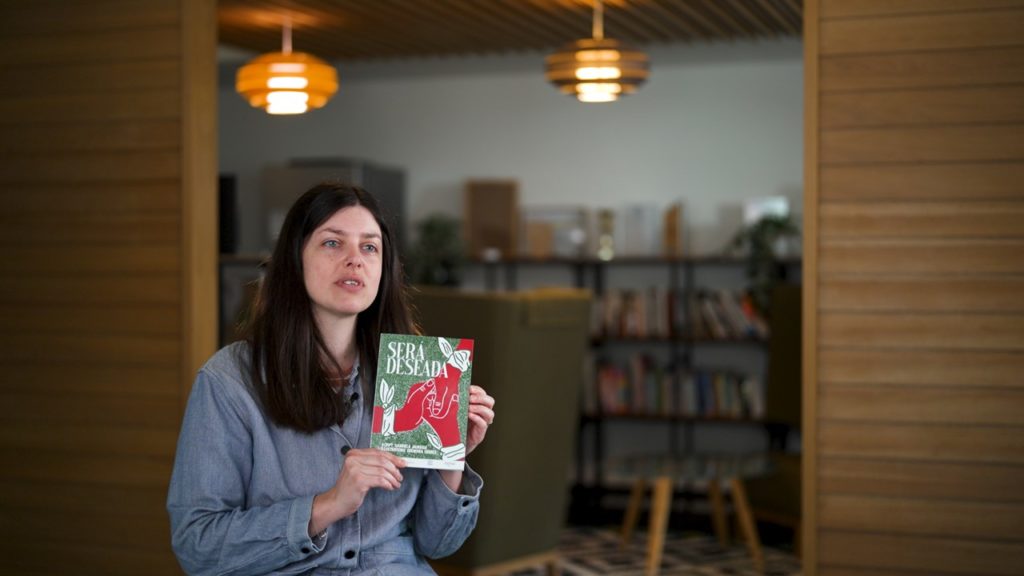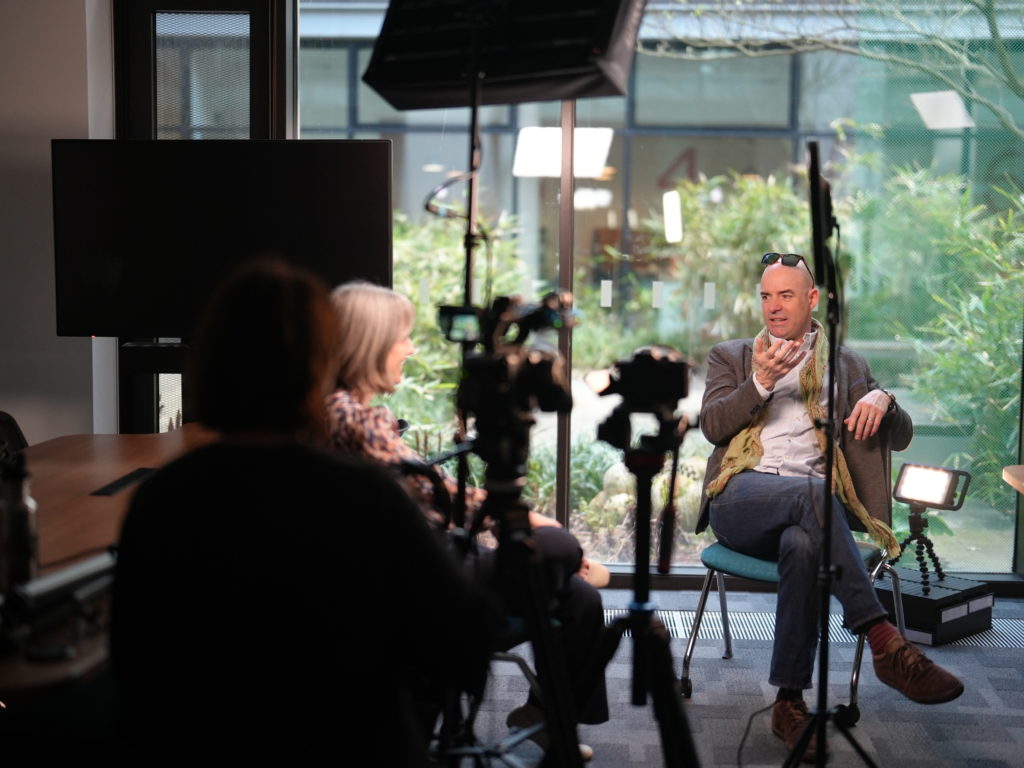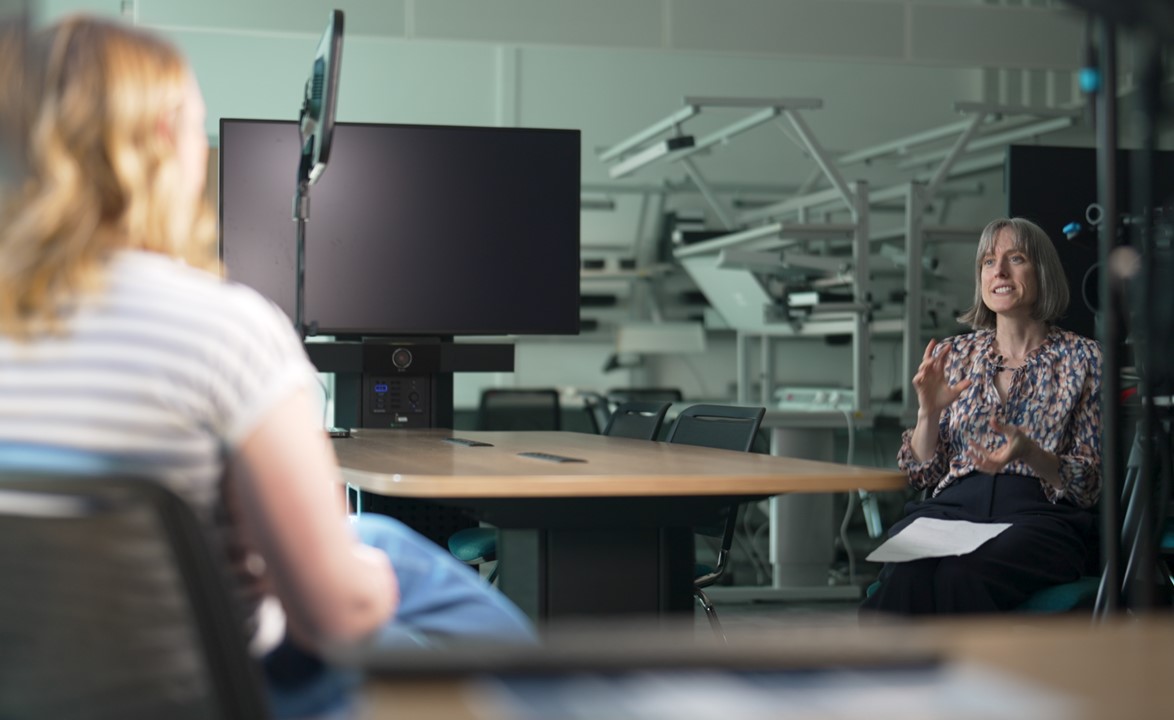The University’s Public Engagement Strategic Advisory Group (PEG) has launched a short video series, highlighting the valuable public engagement work taking place around the University, and the benefits of community collaboration both for researchers, and for the audiences they engage.
Chaired by Professor Ruth Garside from the Department of Public Health and Sport Sciences, PEG was created as a sub-group to the Research and Impact Executive Committee (RIEC) and now reports to both RIEC and Business Engagement and Innovation Committee (BEIC). Academics and Professional Services staff from across the University come together to support the following activities:
- Advocating for the importance and benefits of public engagement in achieving impact and delivering the University’s core strategic aims.
- Supporting the conduct of high-quality public engagement and engaged research across the University.
- Ensuring that public engagement needs are supported and resourced according to its financial and impact value.

To raise awareness of these efforts, and showcase the perspectives of publics involved in research, PEG hired videographer, Sam Hatton-Brown, to produce a series of videos, introducing new audiences to PEG. The first of these explains the function of PEG and its value, with insights from Professor Garside, as well as PEG Secretary, Dr Dreolin Fleischer, and advisory group members.
The series goes on to emphasise the value of publicly engaged research as a tool for academics to better understand their disciplines, and use this knowledge to deliver stronger social impacts. Members such as Dr Michael Flexer from the Department of English and Creative Writing, and Dr Tony Samuel from the Department of Mathematics and Statistics highlight how working with publics is vital not only in their own subject areas, but to improve the accessibility of academia more widely.

Public contributors to research similarly share their experiences of working with academics, and discuss the symbiotic relationship created between researchers and communities, as both sides seek out the expertise of the other. The series culminates in a final video, exploring researchers’ hopes for the future of research funding in public engagement.
If you’d like to learn more about the public engagement work taking place at Exeter, and the range of opportunities for involvement, you can watch the series here.

